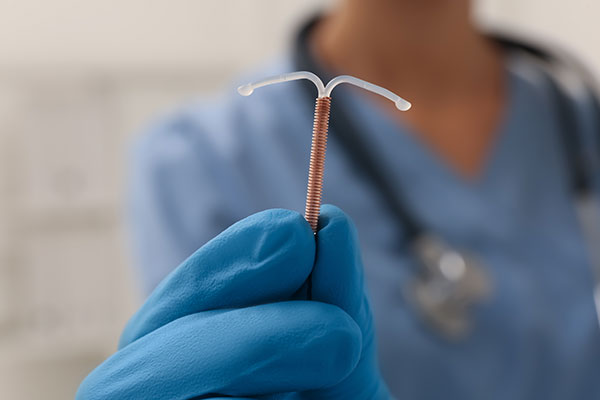Everything You Need to Know About IUDs

In the quest for reliable and hassle-free contraception, many turn to Intrauterine Devices (IUDs) for their effectiveness and ease of use. At North Pointe OB/GYN in Cumming, we believe in empowering our patients with comprehensive knowledge about their contraceptive options. Here’s everything you need to know about IUDs, from their basics to the different types available and how they work to prevent pregnancy.
What Are IUDs?
IUDs are small, T-shaped devices inserted into the uterus by a healthcare professional to prevent pregnancy. They are long-term, reversible forms of birth control that can remain in place for several years, depending on the type. IUDs are one of the most effective forms of contraception available today, with more than 99% effectiveness in preventing pregnancy.
Types of IUDs
There are two main types of IUDs: hormonal and non-hormonal. Each type has its own mechanism of action and duration of effectiveness.
Hormonal IUDs
Hormonal IUDs release a small amount of progestin, a hormone similar to progesterone produced by the ovaries. This hormone works by:
- Thickening the cervical mucus to prevent sperm from entering the uterus.
- Thinning the lining of the uterus, making it less suitable for a fertilized egg to implant.
- In some cases, suppressing ovulation.
Hormonal IUDs can last between 3 to 6 years, depending on the brand. Common brands include Mirena, Kyleena, Skyla, and Liletta.
Non-Hormonal IUDs
The non-hormonal IUD, typically represented by the brand Paragard in the United States, is made of copper. The copper acts as a spermicide, destroying sperm before they can reach and fertilize an egg. The presence of copper also creates an inflammatory reaction within the uterus that is toxic to sperm. This type of IUD can last up to 10 years.
How IUDs Prevent Pregnancy
IUDs provide a physical barrier and chemical environment that is inhospitable to sperm, thereby preventing fertilization. The effectiveness of IUDs comes from their ability to interfere with the sperm’s ability to reach and fertilize an egg. Additionally, the hormonal IUDs alter the uterine lining, making it less receptive to a fertilized egg, further reducing the chance of pregnancy.
The Insertion Process
The insertion of an IUD is a quick procedure typically done in a healthcare provider’s office, like North Pointe OB/GYN. While the process can cause some discomfort, it is generally well-tolerated. Patients may experience cramping or spotting after insertion, but these symptoms usually subside within a few days to weeks. A follow-up visit is often recommended to ensure the IUD is properly in place.
Benefits and Considerations
IUDs offer several benefits, including long-term protection, reversibility, and the convenience of not having to remember daily pills. However, they do not protect against sexually transmitted infections (STIs), so using condoms in conjunction with an IUD is advisable for STI prevention.
Choosing the right type of IUD depends on individual health, lifestyle, and the duration of contraception desired. Discussing your options with a healthcare provider at North Pointe OB/GYN will help determine the best choice for your specific needs.
Empowering Your Choice
Understanding your contraceptive options is key to making informed decisions about your reproductive health. IUDs represent a highly effective, long-term solution for those seeking reliable birth control. At North Pointe OB/GYN in Cumming, our team is dedicated to providing personalized care and guidance to help you choose the best contraceptive method for your lifestyle and health goals. If you’re considering an IUD or have questions about contraception, we’re here to support your journey toward empowered health decisions.


